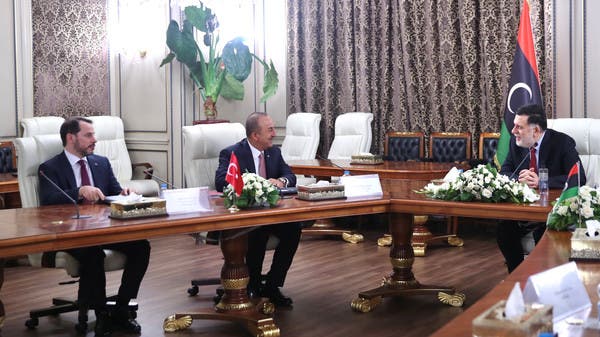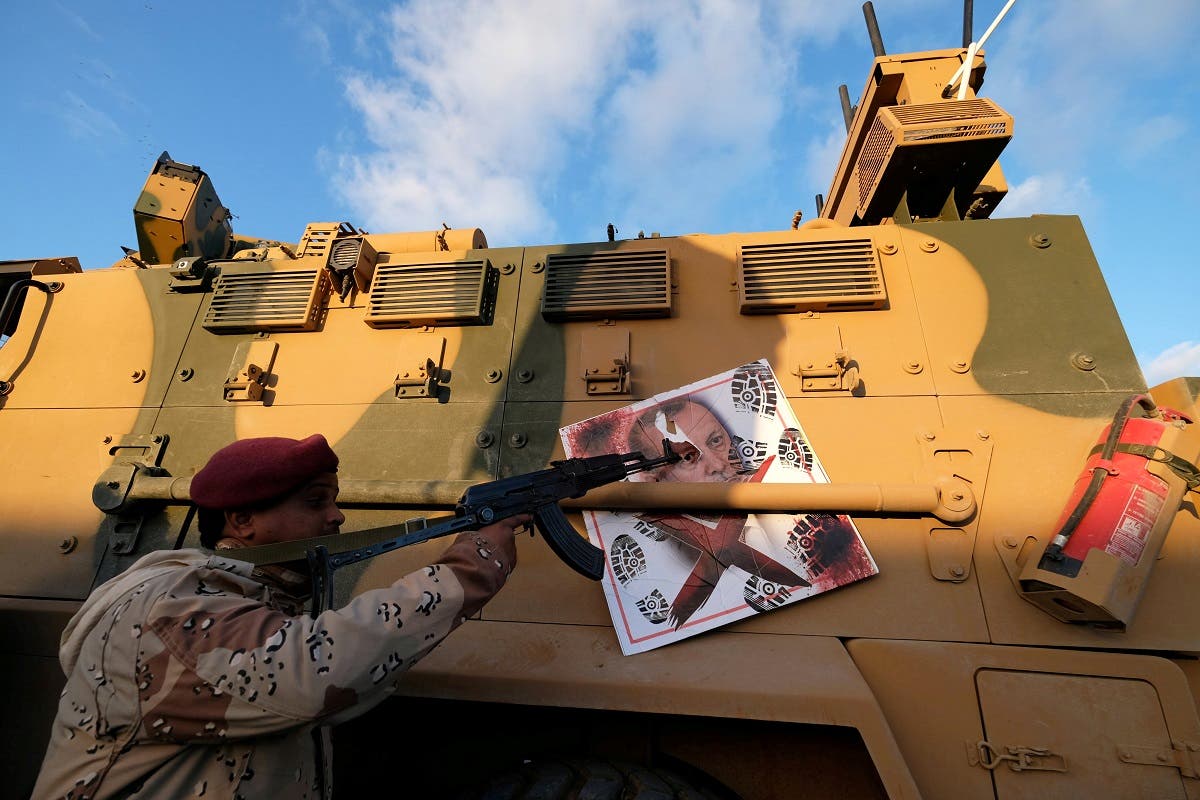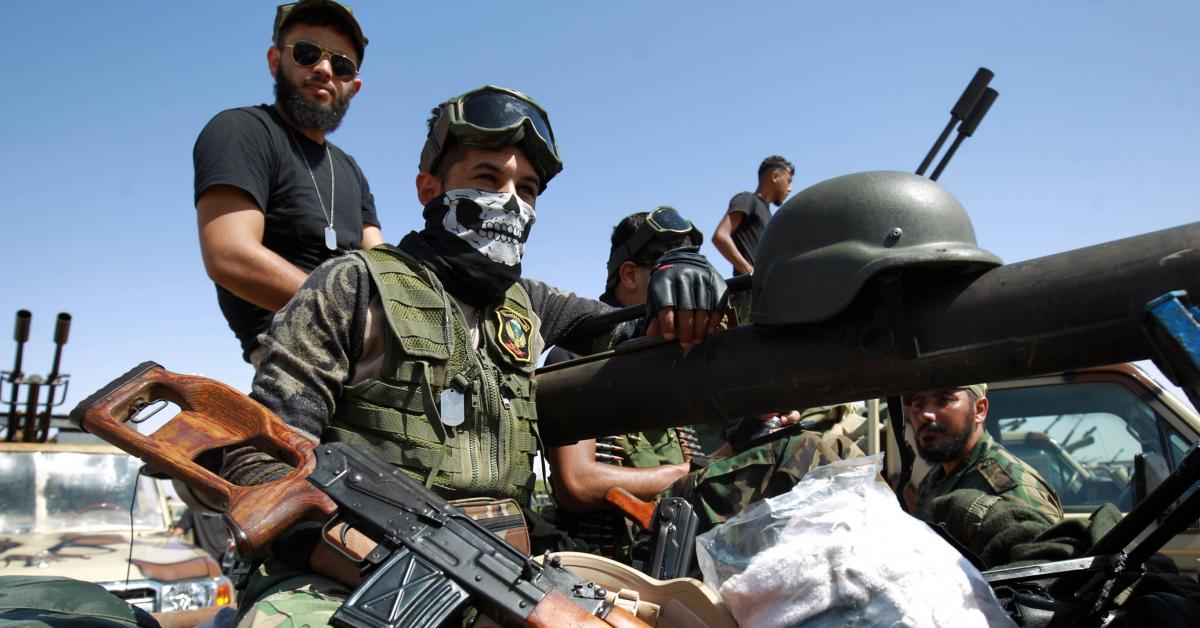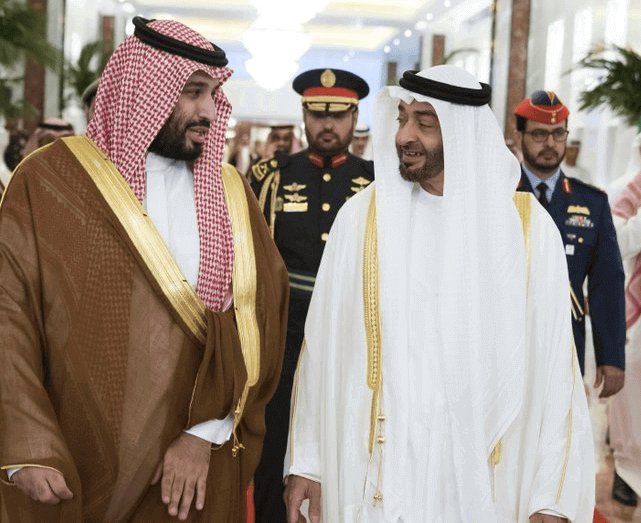[URL

kounfurl="true"]
https://www.newsweek.com/kim-kardashain-west-armenia-azerbaijan-nuclear-1518583[/URL]
Azerbaijan Threatens Missile Strike on Armenian Nuclear Power Plant
BY
BRENDAN COLE ON 7/17/20 AT 7:19 AM EDT
Azerbaijan has threatened to target Armenia's nuclear power plant following a sharp spike in hostilities in the border region between the Caucasus countries over the last week.
After months of deteriorating relations between Baku and Yerevan, days of clashes have seen both sides accusing the other of shelling military positions in the Tavush region in northeast Armenia, and the Tovuz district in Azerbaijan, the BBC reported.
The area is relatively far from from Nagorno-Karabakh, an enclave around 190 miles away, and internationally recognized as part of Azerbaijan but controlled by ethnic Armenians, and the source for two bloody conflicts since the break-up of the Soviet Union. More recently, there were hostilities between the countries in April 2016, known as the "four-day war."
At least 16 soldiers from both sides have died since Sunday, Voice of America reported, and Armenia accuses Azerbaijan's army of moving positions and using people in one village as human shields, claims denied by Baku which has made similar accusations against Armenia.
In a considerable ramping up of rhetoric, Baku warned Yerevan it might attack an Armenian nuclear power station in retaliation for any targeting of Azerbaijan's strategic outlets.
Azerbaijan's defense ministry said in a statement that Yerevan "should keep in mind that our armed forces have advanced missile systems in service, capable of conducting high-precision strikes on the Metsamor Nuclear Power Plant, which may result in a huge disaster for Armenia," the news agency TASS reported.
Armenia's foreign ministry condemned the threat as showing an "absolute absence of responsibility."
It is not clear what one event sparked the rise in tensions, but Baku-based analyst for the International Crisis Group, Zaur Shiryev, said while there had been an effective communication channel between the two countries it "lacks the capacity of preventative action."
He said it was likely to be due to a miscommunication between both sides doing engineering work on the border areas and that "sometimes one's side action is misunderstood by the other side," he told
Newsweek, adding, "small incidents became an escalation."
"Unfortunately this escalated very quickly and they don't know how to stop this because the sides always look at who is going to win, but what constitutes victory in this case is unclear."
"This shows a lack of some elements of communication channels between the countries," he added.
The U.S., the European Union and Russia have called for a de-escalation in the region which is a corridor for pipelines that are a conduit for oil and gas from the Caspian Sea.
U.S. Secretary of State Mike Pompeo said he was "deeply concerned" by the violence, while Turkey's president Recep Tayyip Erdogan has been clear in his support of Azerbaijan.
Caucasus program director at the London-based think tank, Laurence Broers, said that the flare up was the first real test on the battlefield for Armenia's prime minister Nikol Pashinyan.
Broers also believes that Azerbaijani president, Ilham Aliyev, will feel that he needs to demonstrates his country's military capacity, which has been revived since the last hostilities of 2016.
"In this context, the domestic risks of backing down even from a minor incident are high, leading to an escalatory dynamic," Broers told
Newsweek.
Thousands demonstrated in Baku on Wednesday calling for Azerbaijan's government to fully deploy its army in the dispute, the BBC reported.

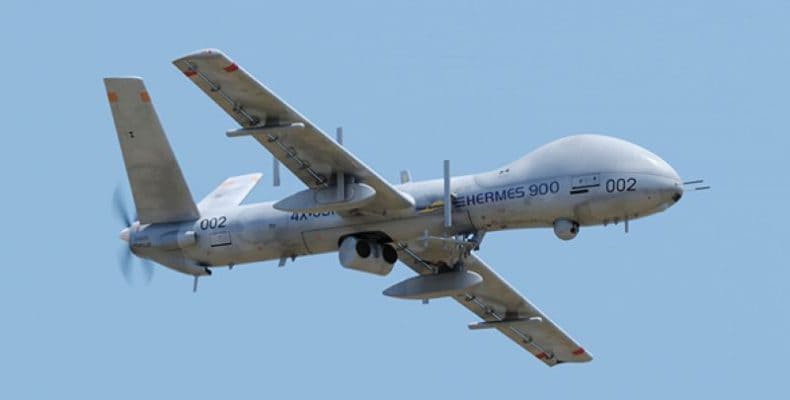

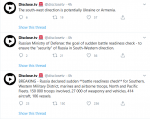
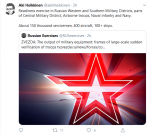
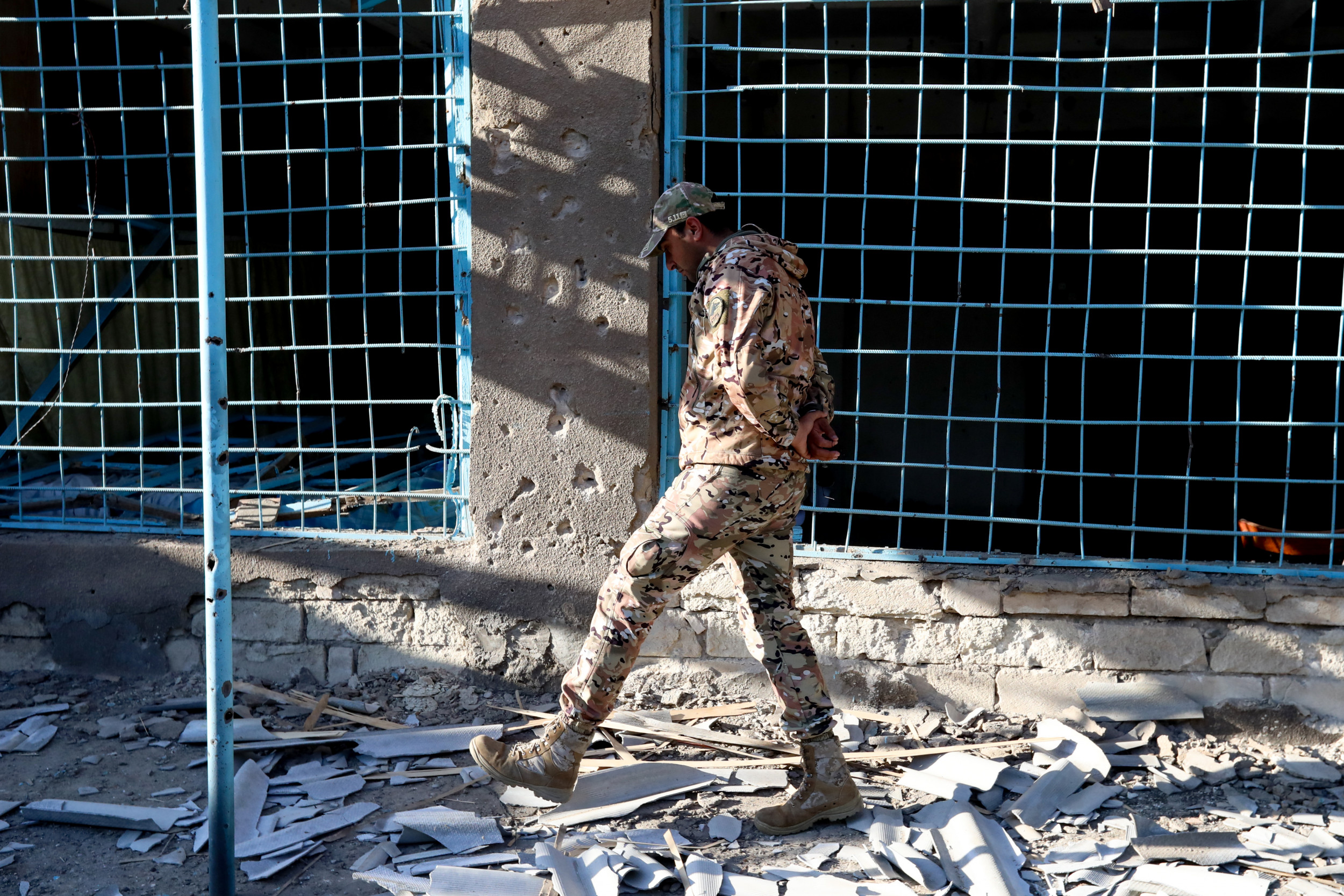
 kounfurl="true"]
kounfurl="true"]
